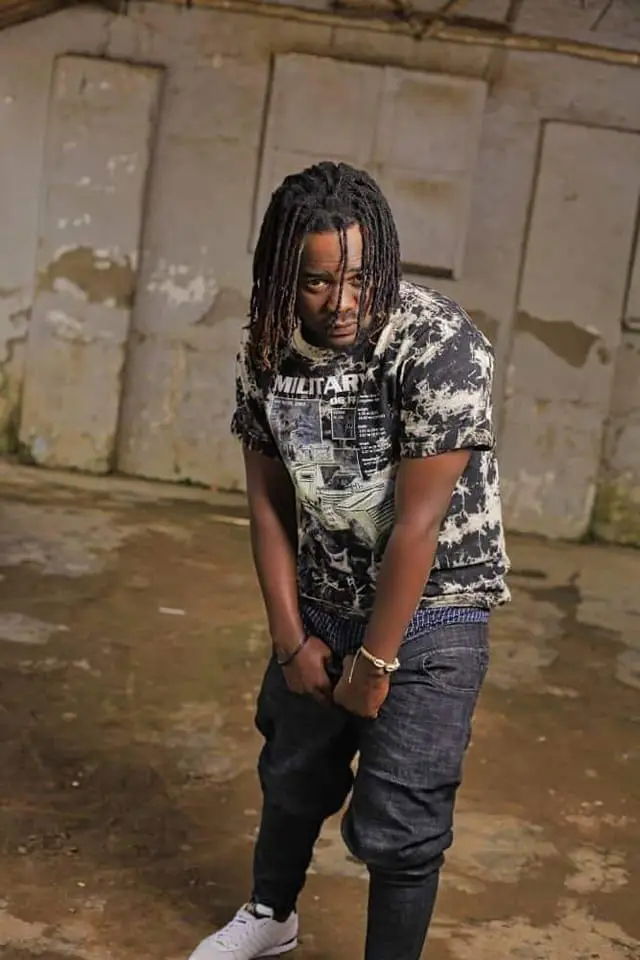LP Shady Calls for Regional Inclusion in Politically-Inspired Music Campaigns

Arua, Uganda – April 21, 2025
As Uganda gears up for another heated political season, musician LP Shady has raised a timely concern about the increasing entanglement of music and politics, particularly spotlighting the lack of regional representation in national campaigns.
In a candid statement, the West Nile-based artist noted that while the rise of politically active musicians like Bobi Wine has brought music and governance closer together, the benefits of this fusion are not being felt equally across the country.
"Since Bobi Wine joined politics, music and politics have become more intertwined. It’s a positive shift in some ways because music can be a powerful political tool," LP Shady said. "However, there’s still a big gap. In political seasons like now, the president mainly uses central artists to push his agenda, yet Uganda is made up of many tribes and regions that also deserve representation."
Shady’s remarks come at a time when political parties, especially the ruling National Resistance Movement (NRM), are increasingly turning to musicians to mobilize support. However, critics argue that this strategy often sidelines artists from regions like West Nile, Karamoja, and northern Uganda.
Artists like LP Shady believe that political engagement through music should reflect Uganda’s cultural and regional diversity. "If leaders truly want to unite and speak to all Ugandans, they must work with artists who understand and represent the people in those communities," he added.
The call for inclusivity echoes sentiments from various stakeholders pushing for a more decentralized approach to political communication, especially in a country where music carries the power to educate, mobilize, and inspire across tribal and linguistic lines.
As political campaigns intensify ahead of the 2026 general elections, it remains to be seen whether political parties will heed the call and give regional artists a more prominent platform in the national narrative.